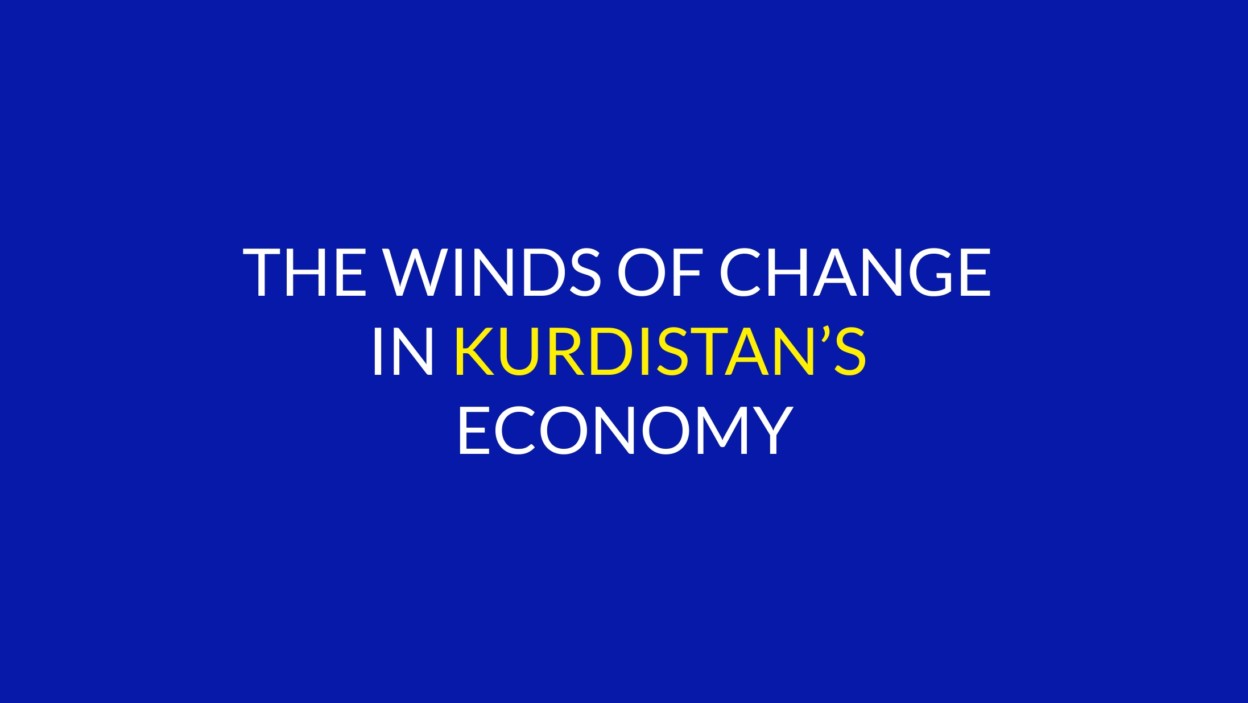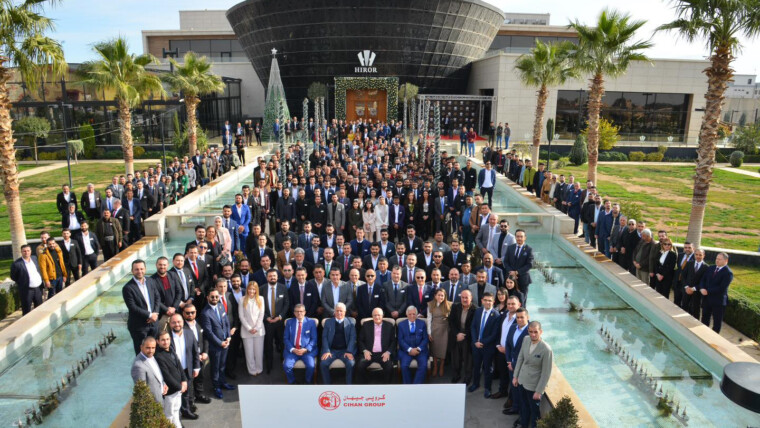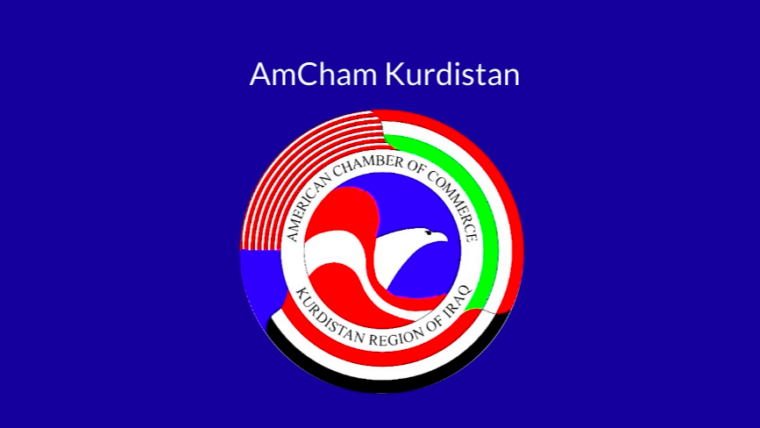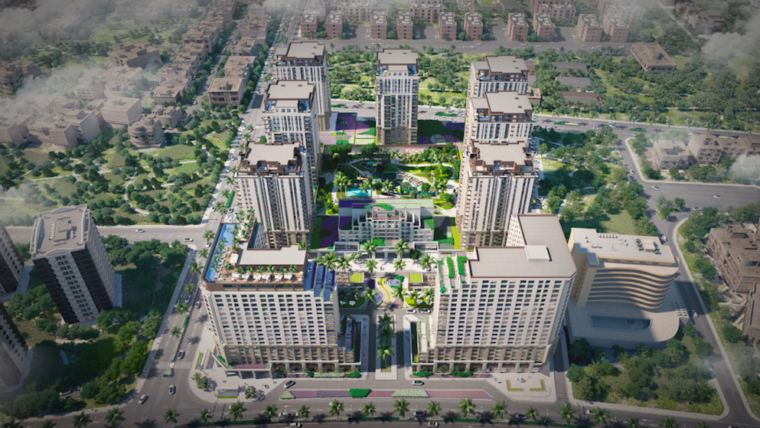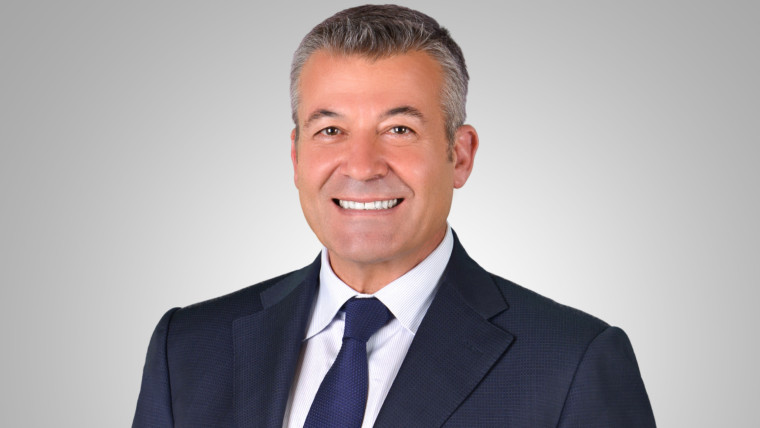The Kurdistan Region of Iraq starts a fresh and ambitious economic development journey towards establishing a sustainable economy.
Kurdistan is experiencing significant transformation at the highest levels of the public and private sectors to ensure long-term growth. The KRG’s economic reform agenda, which includes diversifying the economy, reducing debt, boosting financial stability, strengthening the private sector, committing to transparency, and fighting corruption, aims to accelerate the development of Kurdistan’s economic landscape in the years to come.
VISION
Strengthening non-oil revenue, establishing a knowledge-based economy, instilling business confidence, and facilitating the business environment to build a sustainable economy
The Kurdistan Region of Iraq witnessed extraordinary economic growth between 2006 and 2014. The oil and gas companies’ commitment to over $15 billion in investments in Kurdistan’s energy sector and regional stability laid the groundwork for this rapid economic growth. Annual per capita income increased from $800 in 2006 to $7,000 in 2014. The investment in Kurdistan also increased from $438 million to around $40 billion from 2006 to 2014. Kurdistan’s solid economic growth and skyrocketing investment slowed down due to war against ISIS and the plunge in oil revenues. The ninthcabinet of the KRG that came into power in June 2019 has bold plans to attain the same level of growth as 2006-2014. In order to revive the economy, diversification and substantial reforms are needed.
Diversification
Since economic stability has been set as top priority for Kurdistan’s future, the KRG’s strategic initiatives focus on shifting the economy away from a single-income source toward multiple sources.
The economic slowdown stemming from the fluctuation in oil prices was a wake-up call for KRG leadership. Taking into account the IMF’s forecast that predicts oil prices at around $65 until 2023, Kurdistan can no longer depend on oil revenues. The necessary steps should be taken to ensure long-term sustainability of the economy and to facilitate Kurdistan’s path of growth.
The short- to-medium term economic engine will still be the hydrocarbon industry.
However, the KRG economic vision foresees that development of agriculture, industry, and tourism has the potential to generate economic growth, and could become leading driving forces in Kurdistan’s vision of economic diversification.
The KRG aims to diversify the economy, streamline the investment process, and drive towards manufacturing in order to develop a sustainable economic model.
Tourism
The tourism sector is one of the three key pillars of economic growth identified in the KRG’s economic reform plan. The government’s strategy highlights the intention to support the growth of the archeological tourism segment by focusing investment on locations with the potential to become essential destinations for tourists primarily seeking an experience of history and culture. In 2019, according to the Board of Tourism data, Kurdistan saw record visitor numbers, as around 3.1 million tourists visited the Region. The KRG anticipates welcoming 7 million visitors by 2025.
Agriculture
The agriculture sector has the potential to become the backbone of Kurdistan’s economy. Kurdistan’s suitable climate and abundant water resources provide the Region the basis of a strong agriculture sector, however the industry has not been developed for decades. Nevertheless, the KRG is keen to build a strong agricultural infrastructure to make the sector a significant source of employment and contributor to the Region’s non-oil economy.
Industry
The industrial sector plays a central role in the KRG’s long-term economic development plan: expanding the scope of private sector activity, encouraging the shift to value-added activities, creating jobs and building a production-based economy. Official figures reveal that industry represents the biggest capital investments, valued at around $20 billion, in the Kurdistan Region of Iraq to date. Kurdistan aims to introduce industrial zones and investor-friendly reforms in order to push for initiatives to expand industries to boost local products and achieve self-sufficiency.
Kurdistan’s young population, improving infrastructure and reformed legislation offer an excellent environment for international businesses.
Private Sector
The government is stepping up structural reforms aimed at further developing the private sector in order to provide the right commercial environment conducive to risk-taking for the economy to grow. The KRG has targets to increase the number of SMEs and homegrown startups. The leadership plans to capitalize on a young population (nearly 50% of Kurdistan’s population is under the age of 20) and build an economy characterized by innovation and equal opportunity for the people of Kurdistan.
Public Sector
The KRG has set its sights on reducing huge public expenditure and growing deficit. The KRG introduced tough fiscal consolidation and rebalancing measures, supported by extensive spending cuts and wide restructuring among government departments.
Infrastructure
In the long term, Kurdistan’s economic development will be determined by the ways infrastructure investment is implemented. Transportation networks, silos, electricity lines and water pipelines have been deemed a priority for infrastructure investment, and the KRG is directing significant levels of funding towards these projects. The government announced a $420 million allocation for infrastructure development in October 2019.
The reform agenda announced by the KRG highlights Kurdistan’s promising trajectory towards transforming its economy in the next four years.
Transparency
Kurdistan aims to set the pace on boosting transparency in the Region as fighting corruption is a top priority of the ninth cabinet’s reform agenda. The KRG foresees that transparency in government revenues, taxation systems, and tendering processes is crucial in getting government revenues back on track, for winning the battle with corruption, and opening a new phase in relations between the government and the people of Kurdistan. Thus, the KRG aggressively pushes for digitalization, which will cut bureaucracy and provide greater transparency in all sectors.

